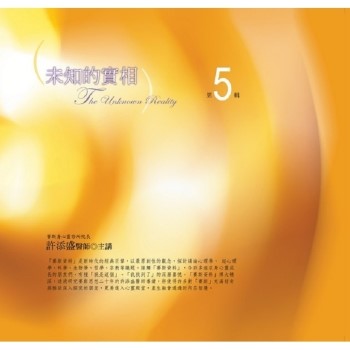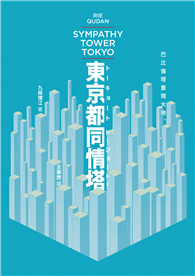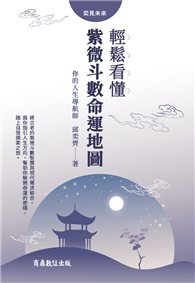史奈德被譽為「這個黑暗時代的重要詮釋者」,作為歷史學家,他提供了對政治崩潰和大屠殺令人震撼的再詮釋,而作為公共知識分子,他將這些知識應用於提供建議和預測,以對抗國內外的專制主義。他的作品《暴政:掌控關鍵年代的獨裁風潮,洞悉時代之惡的20堂課》激勵了全球數百萬人起身捍衛自由。現在,在這部新作中,他幫助人們釐清自己正在為什麼而戰。
正如史奈德所言,人們已經失去了對「自由」的明確認識——而這將帶來危機。太多人將自由視為國家權力的缺席:認為能夠免受政府過度干預、隨心所欲地行動和發表言論,我們就是自由的。但真正的自由不僅僅是擺脫束縛,而是能自由地去發展、去冒險、去為我們選擇的未來共同努力。自由,是讓所有其他價值成為可能的基礎。
史奈德在書中闡述哲學家和政治異議人士付出的努力,並分享與當代思想家的對話,以及他自身在美國例外主義(American exceptionalism)時代成長的經歷。他更進一步在書中指出哪些方法與態度,能設計出讓所有世代都得以成長茁壯的政府。本書帶讀者踏上一趟啟發人心的旅程,共同朝建立全新共識的目標前進。(文/博客來編譯)
A brilliant exploration of freedom—what it is, how it’s been misunderstood, and why it’s our only chance for survival—by the acclaimed Yale historian and author of the #1 New York Times bestseller On Tyranny
Timothy Snyder has been called “the leading interpreter of our dark times.” As a historian, he has given us startling reinterpretations of political collapse and mass killing. As a public intellectual, he has turned that knowledge toward counsel and prediction, working against authoritarianism here and abroad. His book On Tyranny has inspired millions around the world to fight for freedom. Now, in this tour de force of political philosophy, he helps us see exactly what we’re fighting for.
Freedom is the great American commitment, but as Snyder argues, we have lost sight of what it means—and this is leading us into crisis. Too many of us look at freedom as the absence of state power: We think we're free if we can do and say as we please, and protect ourselves from government overreach. But true freedom isn’t so much freedom from, as freedom to—the freedom to thrive, to take risks for futures we choose by working together. Freedom is the value that makes all other values possible.
On Freedom takes us on a thrilling intellectual journey. Drawing on the work of philosophers and political dissidents, conversations with contemporary thinkers, and his own experiences coming of age in a time of American exceptionalism, Snyder identifies the practices and attitudes—the habits of mind—that will allow us to design a government in which we and future generations can flourish. We come to appreciate the importance of traditions (championed by the right) but also the role of institutions (the purview of the left). Intimate yet ambitious, this book helps forge a new consensus rooted in a politics of abundance, generosity, and grace.












